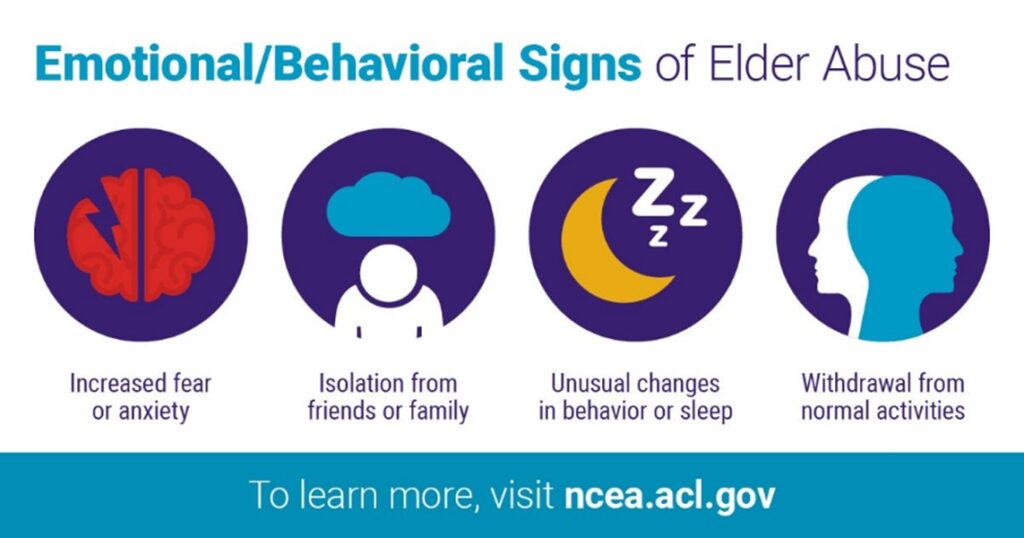“Do you want to be resuscitated if your heart stops—meaning if it happened at this moment, would you?”
Depending on the stage of a person’s life, many reply, “No, I don’t want to be resuscitated and those wishes are documented in my Living Will (aka Advance Directives).”
The difference between a Living Will and a Do Not Resuscitate (DNR) order and how they are used is a common misunderstanding among older adults and their adult children.
The Problem
If your heart stops and you are unconscious (aka cardiac arrest), someone will call 911.
Paramedics will arrive and attempt to resuscitate you by default. They will not ask to see a copy of your Living Will or Advance Directives while fighting to save your life.
How will you communicate your wishes outside of your legal advance directives?
Unlike most Americans, you have been conscientious about legally preparing for the future. You have been thoughtful and diligent about getting your ducks in a row.
Our Observation
We estimate at least 90% of older adults and families we serve do not recognize the difference between the legal documents designed to carry out your end-of-life wishes and a Physician-signed Do Not Resuscitate (DNR) order.
The reason may be that when we are younger, our Advance Directive may indicate the desire to prohibit life-sustaining interventions in the event of a lengthy coma with no reasonable expectation to survive. (Do you recall the case of Terri Schiavo?) When medical professionals have determined your body cannot function without artificial means (i.e. a ventilator) our Living Will reveals our wishes to family. However, outside of traumatic permanent injuries, most of us want to be resuscitated when we are young.
Older adults often feel differently. By their advanced years, many adults have dealt with cancers, several chronic conditions such as COPD, diabetes, heart disease, arthritis, dementia, etc. By the time they reach a certain age, they may feel fulfilled and are comfortable with letting nature take its course.
The Solution
If you do not want to be resuscitated, then it is time to talk to your doctor. Debbie Aggen RN, CMC, CDP tells her clients, “A DNR is not a document written up by an attorney. It is a medical order from the doctor. Medical professionals have to follow a doctor’s order, that includes Paramedics, EMT, hospitals, nurses and home care aides or others who may be in your home.“
Ask your doctor if it is time to consider a DNR.
Questions to Ask
Discuss medical interventions and how they may affect you with your doctor. Medicare will cover the doctor conversation.
Here are questions to start the dialogue:
- What are the chances that CPR will save your life?
- What happens to my body when CPR is administered?
- When would artificial nutrition be appropriate?
- What if I just want to be kept comfortable? When would respiratory therapy be considered?
- DNR: Where should the DNR go and who should have it?
The two most important places a DNR should be kept:
- The Refrigerator
- In Your Wallet.
Make several copies and make sure your family and doctor also have a copy.
Consider how a Living Will and a DNR affects your life.
Your life is your choice.
Still Have Questions?
Do you need additional information about a DNR? Contact Us. We look forward to answering your questions.


